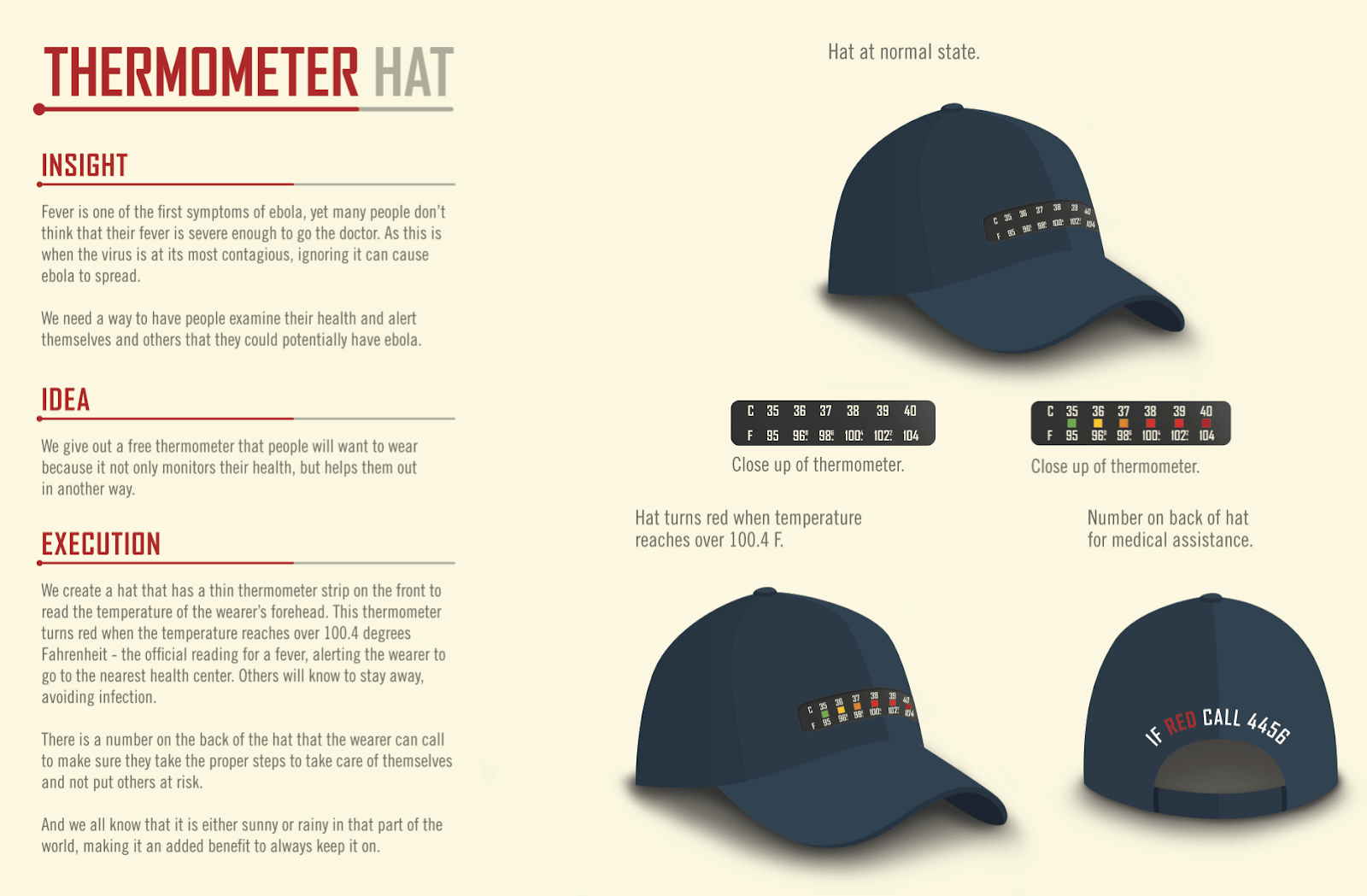By: Dr. David Bridwell, People Scientist
When we think of ways to influence people and change society, we often first think of new innovations and advancements in technology. However, considerable changes often happen in society not with external changes in technology, but with internal changes in our psychological perspective. Often, finding a new way of looking at something has a bigger impact (at a cheaper cost), than the business solutions that we intuitively gravitate toward.
The power of psychological perspective is well illustrated by the power of storytelling in changing perceived value. To illustrate the power of story, reporters Rob Walker and Joshua Glenn went out and bought 100 useless trinkets that cost around a dollar each. They then recruited writers to write a story behind each trinket.
They had a globe paperweight, for example, that cost $1.49, and they made up a four page story that involved love and relationships surrounding the paperweight. After adding a story to the trinket, they were able to sell the trinket and story together for $198 dollars, a 132,000% increase in value. (For more, see the book Mean People Suck by Michael Brenner).
The notion of stories increasing the value of items is illustrated very well by art. There was recent news about a banana that was duct taped to a wall by the artist Maurizio Cattelan in the Art Basel Miami Beach museum. This piece was valued at 120,000 dollars until David Datuna peeled it from the wall and ate it. The piece of art was replaced within fifteen minutes. Clearly, the value of this piece of art is driven by the story behind it, not by the cost of a banana.
The value of a story in branding and people’s personal attachment is illustrated by the notion that Coke would rather lose their employees and their building and equipment than lose their brand. If they lost their infrastructure, they could rebuild based on the mental availability and recognizability of their brand. If they kept their infrastructure but lost their recognizable logo, then they’d lose their ability to distinguish their products from the others on the shelf.
In the book Alchemy, Rory Sutherland goes to great lengths to talk about the power of changing psychological perspective. Small psychological changes can influence our happiness and have a big impact on culture and behavior with minimal cost.
One of the examples he gives is a lift in Sweden that has one set of lift buttons with the floor numbers and another set of lift numbers which allow you to choose which music to listen to. The simple addition of these buttons gets people to talk about the hotel and differentiates the hotel from others. This simple psychological addition has a greater impact on their business than traditional business solutions, and costs much less.
At Intermark Group, we leveraged the power of psychological solutions in our work with Young Glory, during a campaign to help stop the Ebola outbreak in Africa. In our work featured below, we recognized that people have a difficult time examining their health, so we added thermometers to hats, creating a thermometer that people actually wanted to wear. We created a simple psychological solution for a complicated societal issue. The concept was awarded a bronze award in the competition and was seen around the world.
Overall, psychological insights can have a significant impact on people’s behavior, and they’re often less costly than “intuitive” business solutions. That’s the power of understanding psychology in marketing. Give us a call at 800-624-9239 or email us at [email protected] to discuss how we can help you leverage psychological insights for behavior change.

